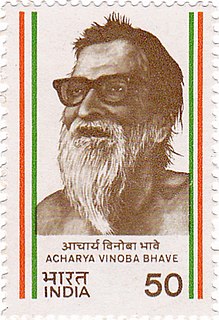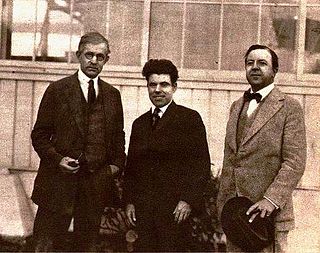A Quote by Philip James Bailey
Night comes, world-jewelled, . . . The stars rush forth in myriads as to wage War with the lines of Darkness; and the moon, Pale ghost of Night, comes haunting the cold earth After the sun's red sea-death--quietless.
Related Quotes
The reappearance of the crescent moon after the new moon; the return of the Sun after a total eclipse, the rising of the Sun in the morning after its troublesome absence at night were noted by people around the world; these phenomena spoke to our ancestors of the possibility of surviving death. Up there in the skies was also a metaphor of immortality.
Day was breaking at Plashwater Weir Mill Lock. Stars were yet visible, but there was dull light in the east that was not the light of night. The moon had gone down, and a mist crept along the banks of the river, seen through which the trees were the ghosts of trees, and the water was the ghost of water. This earth looked spectral, and so did the pale stars: while the cold eastern glare, expressionless as to heat or colour, with the eye of the firmament quenched, might have been likened to the stare of the dead.
When we will all see our role in society as servants, we will all light up the sky together like countless stars on a dark night. Don’t think of society as the sky on a full moon night. The moon’s harsh light blinds us to the true and humble work of the stars. But on a moonless night, the true servants shine forth, as though they are connected invisibly in this vast and infinite cosmos.
It was like noticing the sun. You couldn't help but see it, to turn to face the heat of it, to bask in the glory of it. But often when the sun is high in the sky, the moon is up there, too. A dim memory of what she will be in the night, but there, nonetheless, dim and misty, hard and white. At night, there is only the moon, the sun is nowhere to be seen. There are no distractions when the moon rules the sky.
And somewhat as in blind night, on a mild sea, a sailor may be made aware of an iceberg, fanged and mortal, bearing invisibly near, by the unwarned charm of its breath, nothingness now revealed itself: that permanent night upon which the stars in their expiring generations are less than the glinting of gnats, and nebulae, more trivial than winter breath; that darkness in which eternity lies bent and pale, a dead snake in a jar, and infinity is the sparkling of a wren blown out to sea; that inconceivable chasm of invulnerable silence in which cataclysms of galaxies rave mute as amber.
Who gave you the ability to contemplate the beauty of the skies, the course of the sun, the round moon, the millions of stars, the harmony and rhythm that issue from the world as from a lyre, the return of the seasons, the alternation of the months, the demarcation of day and night, the fruits of the earth, the vastness of the air, the ceaseless motion of the waves, the sound of the wind?
The imaginative young vagabond quickly loses the social instincts that help to make life bearable for other men. Always he hears voices calling in the night from far-away places where blue waters lap strange shores. He hears birds singing and crickets chirping a luring roundelay. He sees the moon, yellow ghost of a dead planet, haunting the earth.





































